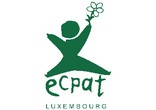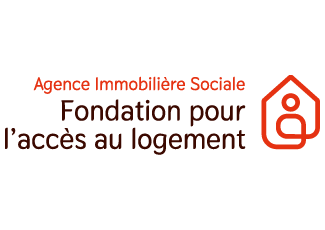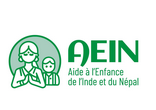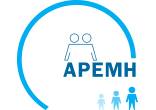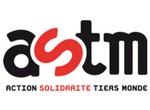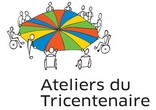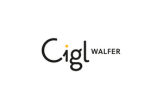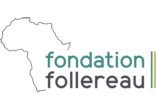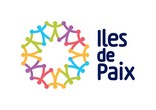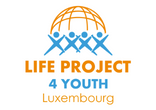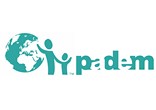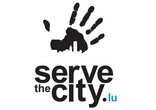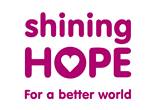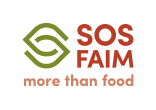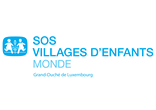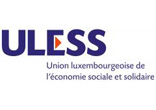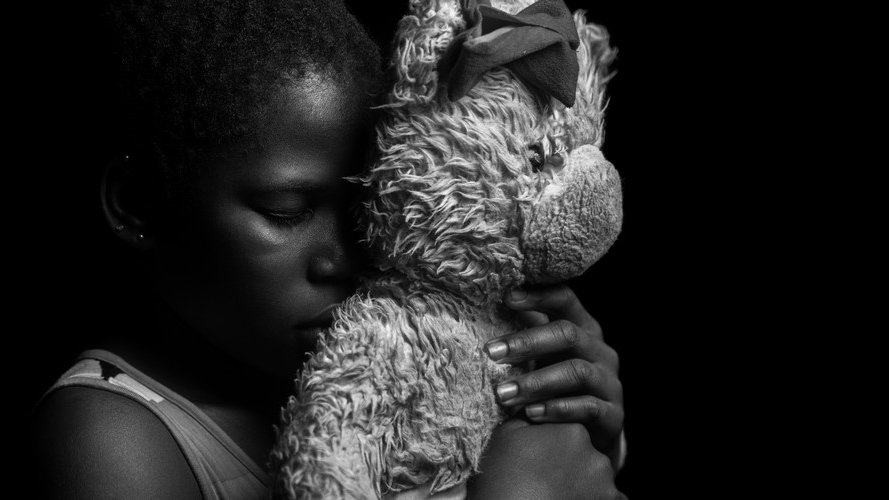
Institutional and legal frameworks protecting children
The United Nations Convention on the Rights of the Child (CRC) is arguably the most important framework which exists to protect children.
It was signed on the 20th November 1989 in New York following a ten-year period of consultation and negotiation between governments, non-governmental organisations, human rights advocates, lawyers, health specialists, social workers, educators, child development experts and religious leaders from all over the world. Luxembourg ratified the CRC on the 20th December 1993. Articles 34 and 35 of the CRC specifically address the protection of children against sexual exploitation and trafficking. In addition, Article 43 requires State Parties to establish a Committee on the Rights of the Child. As such, bill 4137 was drafted in March 1996 by the former Minister for Family Affairs Marie-Josée Jacobs with the aim of creating the Ombuds-committee for the Rights of the Child (ORK). In June 2002 the bill was unanimously voted and the Ombuds-committee for the Rights of the Child was established by an Act of Parliament dated 25 July 2002. The Committee has the following responsibilities :
- a) To fulfil their mission in a neutral and independent manner.
- b) To ensure the implementation of the Convention on the Rights of the Child.
- c) To provide their opinion on draft legislation and regulations concerning children’s rights and suggest amendments.
- d) To present an annual report to the Government and to the Chamber of deputies on the situation of children’s rights in Luxembourg as well as on its own activities.
- e) To promote the development of children’s freedom of expression and their active participation in issues concerning them.
- f) To examine situations in which children’s rights are not respected and make recommendations on possible remediation.
- g) To receive information and file complaints regarding the abuse of children’s rights, to mediate and advise in order to ensure the best possible protection for children.
The chairman of the Ombuds-committee is currently Mr. René Schlechter – a highly experienced child protection expert who has dedicated over thirty years of his professional life to defending the interests of children. (www.ork.lu/index.php/en)
Civil society also plays a vital role in the protection of children. The ECPAT network began in Bangkok, Thailand, as a campaign to “End Child Prostitution in Asian Tourism”, which then spread to Europe. ECPAT Luxembourg was established in 1995, and is a not-for-profit organisation whose mission is to combat the commercial sexual exploitation of children, which comprises primarily child sex trafficking, child sex abuse images and child prostitution.
The campaign against the sexual exploitation of children at the hands of tourists and travellers in Thailand led to the organisation of the first World Congress against the Commercial Sexual Exploitation of Children in Stockholm in 1996 which was attended by over 120 members of governments and royalty including the current Grand Duchess of Luxembourg. Various companies were called on to support its organisation, particularly those from the tourism sector, which is how the current Secretary General of ECPAT Luxembourg became involved. The Grand Duchess felt it was important that ECPAT also be represented in Luxembourg which resulted in the creation of ECPAT Luxembourg (www.ecpat.lu), a Luxembourgish NGO officially recognised by the Ministry of Foreign Affairs as well as the Ministry for Education, Childhood and Youth.
In last August the chairman of the Ombuds-committee, Mr. René Schlechter, was in the office of ECPAT Luxembourg to discuss the role of the institution and areas for collaboration with ECPAT Luxembourg. Over the past few years ORK and ECPAT Luxembourg have developed, in collaboration with other child protection organisations and experts, guidelines that aim to help organisations working with children in Luxembourg assess their level of awareness with respect to child protection as well as to propose strategies for preventing and protecting children from violence. The guidelines are due to be published in 2017 and are important for all structures working with children and particularly those working with unaccompanied minors.
Indeed, it is essential that public institutions, local authorities and non-governmental organisations work together through exchanging data, information and technical expertise in order to improve the efficiency of our interventions to strengthen the protection of children against abuse, exploitation and violence, both in Luxembourg and abroad. ECPAT Luxembourg not only collaborates closely with child protection experts and organisations in Luxembourg but also works with partners in Africa and Asia to protect children from sexual exploitation.
So, let’s stay connected ! Follow us on social media on www.facebook.com/ecpatlux/, www.instagram.com/ecpatluxembourg and/or www.linkedin.com/company/ecpat-luxembourg.
Crédit photo : A. Grojean
Communiqué par ECPAT Luxembourg

